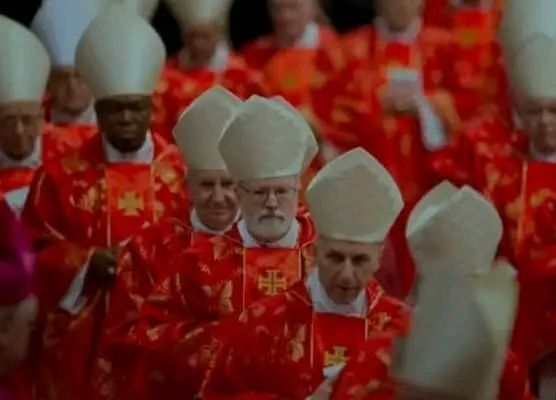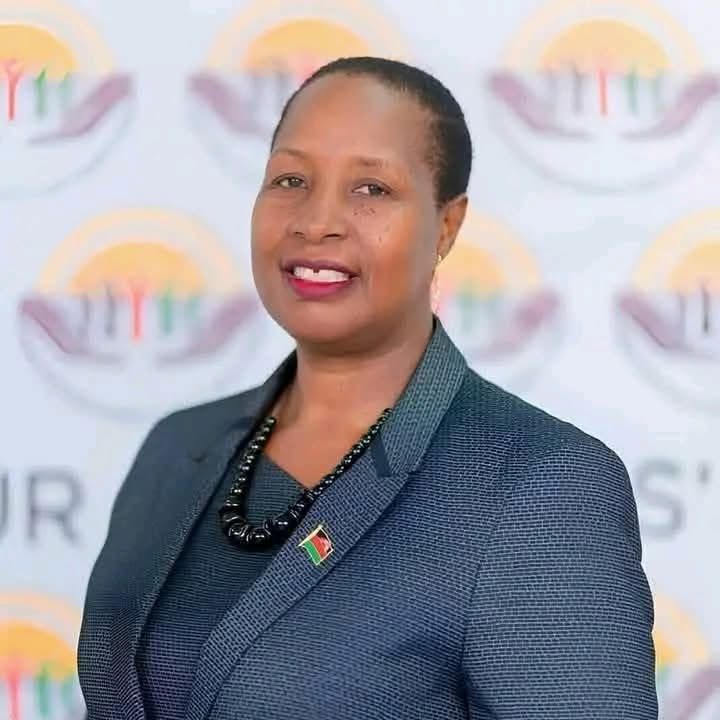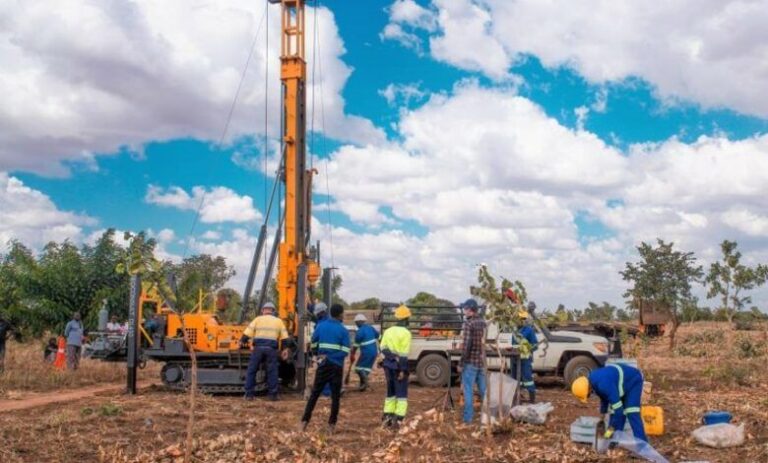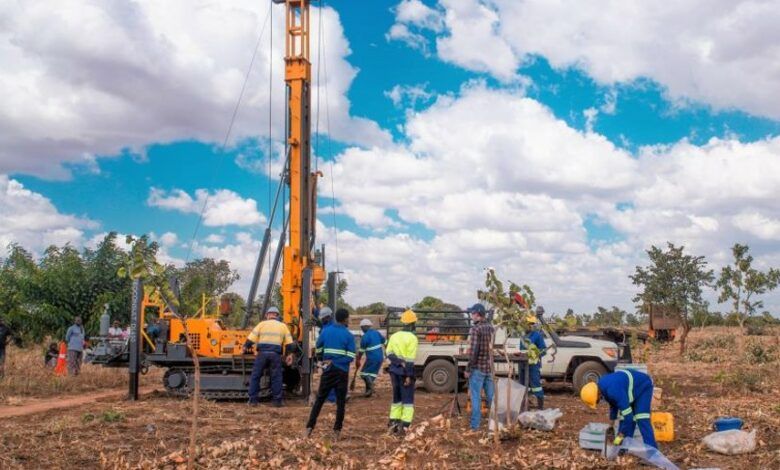By Jones Gadama
The Malawi Electoral Commission (MEC) has presented a comprehensive report on its preparedness for the upcoming September 16 General Election to President Dr. Lazarus Chakwera.
According to the MEC statement, the meeting was held in accordance with Section 6 (1) of the Malawi Electoral Commission Act, which mandates the Commission to report directly to the President on the fulfillment of its functions and powers.
During the meeting, MEC provided an update on all activities implemented so far in preparation for the general elections. The Commission has been engaging with various stakeholders, including political parties, to ensure a smooth electoral process.
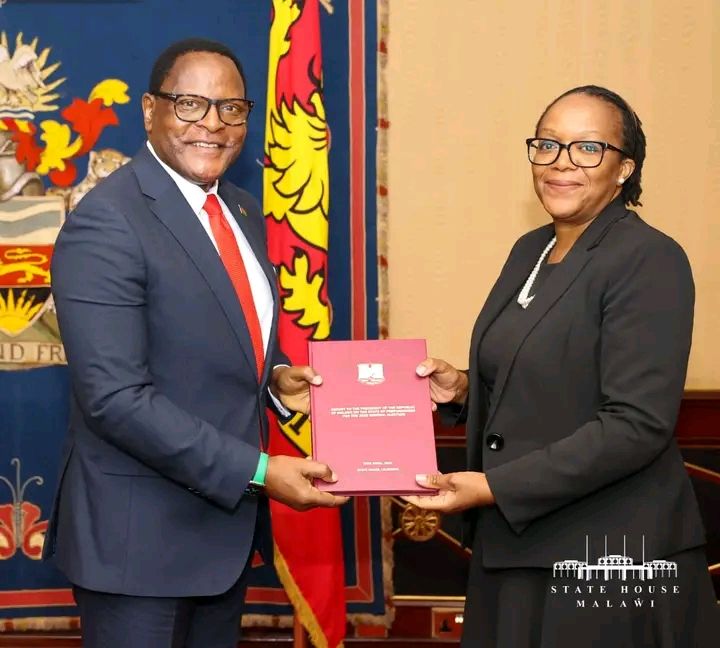
MEC Chairperson Justice Annabel Mtalimanja emphasized the Commission’s commitment to transparency, credibility, and excellence in managing the electoral process.
MEC has conducted a pilot voter registration exercise and has announced dates for supplementary voter registration to address registration challenges.
The Commission has also commenced training programs for Constituency Civic and Voter Education Assistants to educate voters on the electoral process.
Regarding the election management system, MEC has rejected requests for independent ICT auditors to monitor election management systems, citing security reasons. Instead, the Commission plans to engage ICT experts from political parties to verify the election management system. MEC clarified that the transmission of results will be done from constituency and district tally centers to the national tally center.
The Commission is yet to develop a module for results management using Election Management Devices.
MEC has planned a National Elections Consultative Forum meeting for all electoral stakeholders on Wednesday in Lilongwe.
The meeting aims to bring together stakeholders to discuss key issues related to the electoral process and ensure a credible and peaceful election.
Despite the progress made, concerns have been raised about the credibility of the electoral process. Some parties have questioned MEC’s independence, citing the appointment of key officials with alleged ties to the ruling party.
Additionally, there are concerns about unequal resource distribution, with some areas receiving better election technology than others.
MEC Director Sangwani Mwafulirwa assured the public that the Commission remains committed to transparency and will continue providing updates on the electoral process.
He encouraged stakeholders, including political parties and civil society organizations, to remain engaged and support the Commission in ensuring a free, fair, and credible election.
As the September 16 General Election approaches, all eyes are on MEC to deliver a credible and peaceful electoral process.
The Commission’s preparedness and commitment to transparency will be crucial in ensuring the integrity of the election.


